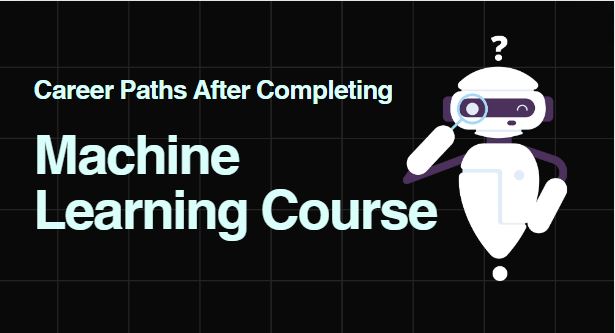
Imagine a workplace where knowledge flows freely and colleagues become mentors and students interchangeably. In the evolving landscape of the workplace, a more dynamic and organic growth model is emerging – peer-to-peer learning.
Peer-to-peer refers to the idea of individuals learning from one another. It has a rich history and growing significance in the contemporary educational landscape. The concept began to gain momentum in the 20th century with the rise of educational philosophies that focused on collaborative learning in the workplace.
Peer learning was introduced by Harvard physicist and professor Eric Mazur and emerged from a simple observation. Mazur noticed that his students could solve problems easily but struggled to grasp fundamental concepts. That got him thinking, and in 1991, he began crafting a new learning approach.
Back then, peer learning was like a quick chat between friends, explaining brief concepts between study sessions. Fast forward to today, it has transformed into one of the most productive types of learning. It’s like upgrading from a tiny sapling to a mighty oak—it’s effective, efficient, and makes learning a breeze!
In recent decades, the digital age has propelled peer-to-peer learning into new dimensions. Online forums, social media platforms, and dedicated learning communities have democratized knowledge sharing.
This allows individuals worldwide to connect, exchange insights, and learn from their peers. The rise of interactive online platforms has further accelerated this trend, providing accessible avenues for learners to engage in collaborative learning experiences.
Let’s take a look at some benefits of peer learning:
The Power of Collaboration:
In a fast-paced world, being adaptable is a prized skill. How often have you found yourself learning the most valuable lessons through conversation with a colleague? Peer-to-peer learning creates a work environment where colleagues learn from each other’s experiences and expertise. It’s about the daily exchange of insights, best practices, and lessons learned on the job.
Fostering Innovation:
Peer collaboration is a key ingredient to fostering innovation in the workplace. When diverse minds meet, magic happens. Ideas spark, creativity flows, and problem-solving becomes a collective effort.
In a peer-to-peer learning culture, employees feel empowered to voice their ideas, knowing that their insights are valued. This not only boosts morale but also ensures that the organization remains on the cutting edge of industry trends.
Breaking Down Silos:
Have you ever felt like your department operates in a silo, isolated from the rest of the organization? Peer learning breaks down these barriers.
For instance, a colleague from HR might have a solution that could simplify operations in IT, and vice versa. As employees engage in cross-functional learning, they develop a holistic understanding of the organization. This, in turn, fosters a sense of unity and shared purpose.
Encouraging Continuous Growth:
It’s time to break free from the notion that learning is a one-time event. Traditional learning models often imply a linear progression, but the real world isn’t that neat. Peer-to-peer learning encourages continuous learning.
It recognizes that expertise can come from anyone, regardless of their position in the organizational hierarchy. As a result, employees feel more motivated to stay engaged and pursue professional development as an ongoing journey.
But how do we amplify peer-to-peer learning? Imagine a space where learners share insights, pose questions, and engage in discussions beyond the confines of physical interactions. A dedicated platform, like MIT School of Distance Education’s ‘Synergy Sphere’, provides a virtual space for dynamic convergence. It goes beyond physical limitations, fostering a culture where everyone is both a learner and a teacher.
Peer learning is not a trend; it’s a necessity in today’s rapidly changing workplace. It’s time to create a culture where learning is not confined to a classroom but is an integral part of everyday work life. As organizations like MITSDE embrace the power of collaboration, they pave the way for a brighter and more successful future. So, let’s celebrate the revolution of peer-to-peer learning and watch as our workplaces transform into hubs of shared knowledge and collective brilliance.



